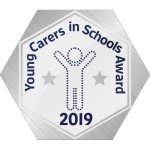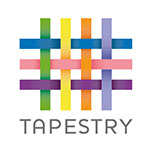At Kessingland Church of England Primary Academy, we make Computing an engaging and challenging learning experience. As a school, we believe it is important to keep up to date with the technological changes that go on in the world. Our aim is to give children the skills that will allow them to thrive in the modern world. Our curriculum allows children to engage with the National Curriculum objectives in a range of ways using a variety of tools including digital cameras, laptops and desktop computers. Children’s learning is carefully planned and sequenced, ensuring that skills are taught at an appropriate age and are being built on each term and year.
Children in the Early Years use BeeBots and other physical devices to create and execute simple algorithms. This knowledge is developed in Key Stage 1 where children learn to write and debug more complex algorithms using physical devices as well as coding software. In Key Stage 2, children develop this further by using a range of software to write their own computer programmes.
Where possible, Computing is linked to other subjects and teachers will make these links to enhance the teaching and learning. For example, conducting research on the internet, creating graphs and word processing written work.
Online Safety
Computing and the use of technologies at Kessingland Church of England Primary Academy is underpinned by online safety being central to the curriculum. While showing children the benefits of using new technologies we are also rigorous in teaching them about how to use technology safely and responsibly. Online Safety workshops are held every year, including parent workshops. When starting a new topic, teachers discuss with the children how they can keep themselves safe when using technology. Online Safety is also taught as part of our PSHE Curriculum, for example in Key Stage 1 children follow a unit on staying safe which includes rules for, and ways of being physically and emotionally safe – including safety on-line, responsible use of ICT and talking to adults when they see or hear something they don’t like.
In Key Stage 2, pupils start to learn about the importance of protecting our personal information, including passwords and distribution of images.












